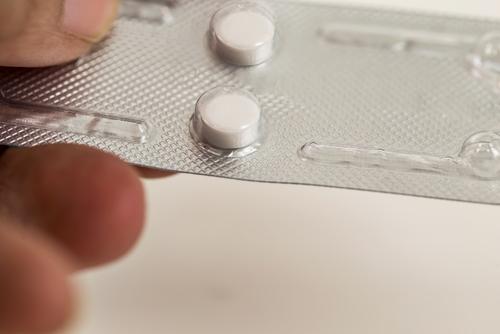Many methods of effective birth control are available for women today — barrier methods such as diaphragms and condoms, birth control pills, hormonal implants, IUDs — but except for the implants and IUDs, all are susceptible to human error. One can forget to take a pill, bring a condom or diaphragm, or there can be the rare instance of method failure. Whatever the reason, the possibility of an undesired pregnancy looms. However, the miracle of modern medicine provides an out even here — emergency contraception. The synthetic progestin hormone levonorgestrel, used in regular birth control pills at a lower dose, is the active ingredient in emergency contraceptive pills.
When taken within the specified time (usually 72 hours) after intercourse, such contraceptive pills can prevent fertilization or a fertilized ovum from implanting in the uterus. No fertilization or implantation, no pregnancy. But, and there always is one, a warning just published by the British Medicines and Healthcare products Regulatory Agency alerts women and their healthcare providers that some medications and herbal preparations can interfere with the efficacy of these pills.
The agency noted that drugs used to treat any of the following illnesses —
- Epilepsy
- Tuberculosis
- HIV
- Fungal infections
or herbal remedies containing St John’s Wort can impair the action of emergency contraception pills. They recommend that if a woman is taking such medications or herbal preparations, that she take a double dose of the contraceptive pills — and they emphasize that the earlier after the intercourse the pills are taken, the more one can trust that they will be effective.




